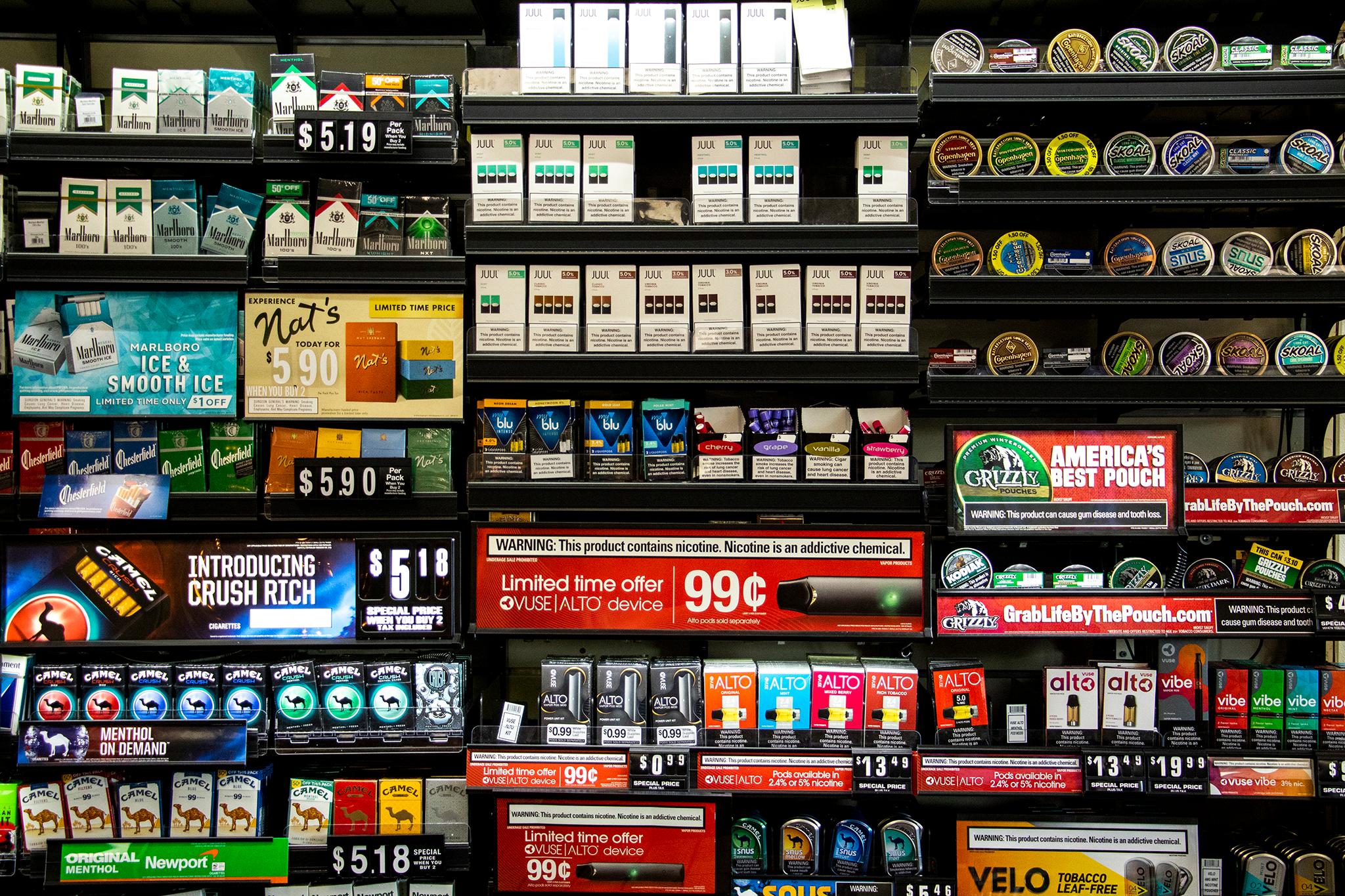
Tobacco is the number one cause of preventable and premature death in Colorado.
Read that again. Tobacco kills the most Coloradans. Not opioids, not guns, not car crashes — not even COVID-19. Every year, more than 5,000 people die because of their own habits. And yet, no one is talking about it. It’s rarely in the headlines.
Few may blanch at the numbers — it’s settled science that tobacco products and their key ingredient, nicotine, is highly addictive and, with years of use, can kill you. And yet, it continues to hook thousands of Coloradans into becoming loyal customers and consumers, usually with the help of enticing flavors. More than 90,000 kids now younger than 18 in Colorado will ultimately die prematurely from smoking, according to The Campaign for Tobacco Free Kids.
The hook of tobacco “that's what leads to lifelong addiction,” said Terri Richardson, a prominent longtime Denver primary care doctor.
“Tobacco has serious complications for every part of the human body from brains and hearts to, to bones and skin. Every part of the human body is adversely affected by tobacco,” Denver Health Dr. Bill Berman told lawmakers last year, as they debated a bill to ban flavored tobacco. “Smokers live on average 10 to 12 years shorter than nonsmokers. What a huge price to pay.”
CPR health reporter John Daley has spent months talking with teenagers, parents, doctors, advocates, political figures — even runners at the Colfax marathon. He’s looked through some of the millions of once-secret internal industry documents released as part of a multi-state settlement with tobacco companies and listened to many hours of city council and legislative debate.
He has found that the conversation about tobacco products, especially flavored ones like menthol, is not only about nicotine’s deadly effects or the impact on local economies. It’s about ethics, optics and equity.
That’s why CPR News is rolling out a series about how the tobacco industry addicts people in Colorado to its products. It’s about how tobacco hooks communities of color, teens, business, even the political system itself — and what we can do about it.
The death toll, the addiction rate, no number really gives a full picture when you include the health impacts of second-hand smoke or even fires from cigarettes, the cost to the health care system, to Medicaid. Nearly everyone knows someone who has died from smoking-related complications. All four of my grandparents were lifelong smokers, both of my grandfathers died of heart disease before I was born. Both grandmothers died young, in their 60s, because of their addiction to tobacco.
Colorado likes to bill itself as the healthiest state — climbers, hikers, bikers, runners, we got ‘em all. But the state has an unhealthy relationship with tobacco, beyond the nicotine. Colorado might be number one in lowest BMI, but it also was number one in teen vaping in recent years, and after some improvement still ranks among the top states.
The money from the tobacco industry is also, in a sense, addictive. From settlement money to taxes, millions of dollars roll into state coffers.
Over the next several months, CPR News will try to untangle the far-reaching tentacles of tobacco — how it targets communities of color, lures young people with vaping flavors and hooks the political system. We’re pulling back the curtain on well-funded slick tactics — none of which are illegal, but certainly stretch the bounds of Colorado's own health-conscious image.
These stories aren’t just about what led Colorado to this point. It’s also about what happens next. Vaping is now the future of this sprawling, lucrative global industry. And whether people, usually young people, decide to take up the habit will have a major impact on their lives and everything from the health system to government tax revenues to small businesses.
With fewer people smoking cigarettes, the lines are being drawn around the issue of vaping, and Colorado is one of the hotbeds of that new reality.








